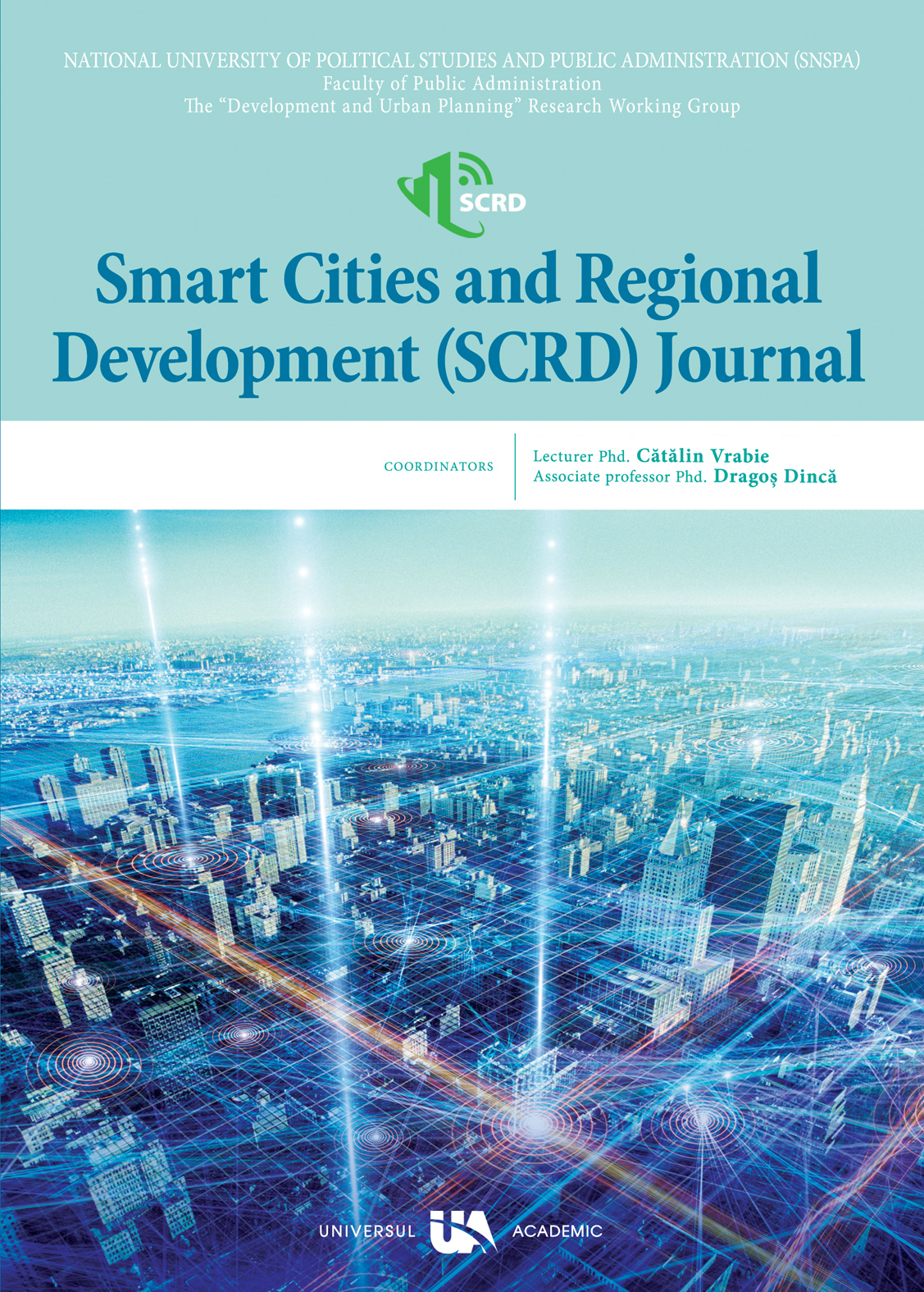Understanding the trends and characteristics of smart urbanism across continents
Understanding the trends and characteristics of smart urbanism across continents
Author(s): Lim Seng Boon, Jalaluddin Abdul MALEK, Mohd Yusof HUSSAIN, Zurinah TAHIRSubject(s): Economy, Architecture, Geography, Regional studies, Energy and Environmental Studies, Regional Geography, Environmental Geography, Tourism, Socio-Economic Research, Transport / Logistics
Published by: Editura Universul Academic (SC GOOD LUCK SRL)
Keywords: Amsterdam; citizen participation; China; humanistic smart city; IBM; Malaysia; Singapore;
Summary/Abstract: Lack of understanding across the global north and global south, and with the need for alternative development paths in smart urbanism discourse are issues highlighted by recent smart urbanism research. Therefore, this paper aims to comprehend the trends of smart urbanism across contrasting geographies and to learn about the alternative direction of the development of smart cities. This study applied the research methods of document analysis and case study on the continents of North America, Europe, and Asia. The study showed that the North America corporations (i.e., IBM smarter city) are leading the approach of technology-driven method (TDM) and corporate smart city concept, European scholars and institutions have strong influence on the human-driven method (HDM) approach (i.e., the Amsterdam smart city), while Asian countries are discursively learning and applying smart city’s ideas and practices from North America and Europe. A mixture of approaches are found in Asian countries, such as the TDM approach in China and Malaysia, and the case of a shift of paradigm towards HDM with Singapore. Overall, the authors found that the worldwide trend was dominated by the TDM approach. However, a push towards the HDM approach was also apparent, with the appearance of proposals such as citizen centricity and participation. The results of this study serve as a benchmark on the normative neoliberal politics and an opportunity to nurture humanism aspects. This paper marks a contribution to the phenomenon of contemporary smart urbanism and provides insights for policymakers and stakeholders who wish to work together as co-partners in the quest for a more humanistic smart city.
Journal: ORAȘE INTELIGENTE ȘI DEZVOLTARE REGIONALĂ
- Issue Year: IV/2020
- Issue No: 01
- Page Range: 23-36
- Page Count: 13
- Language: English

